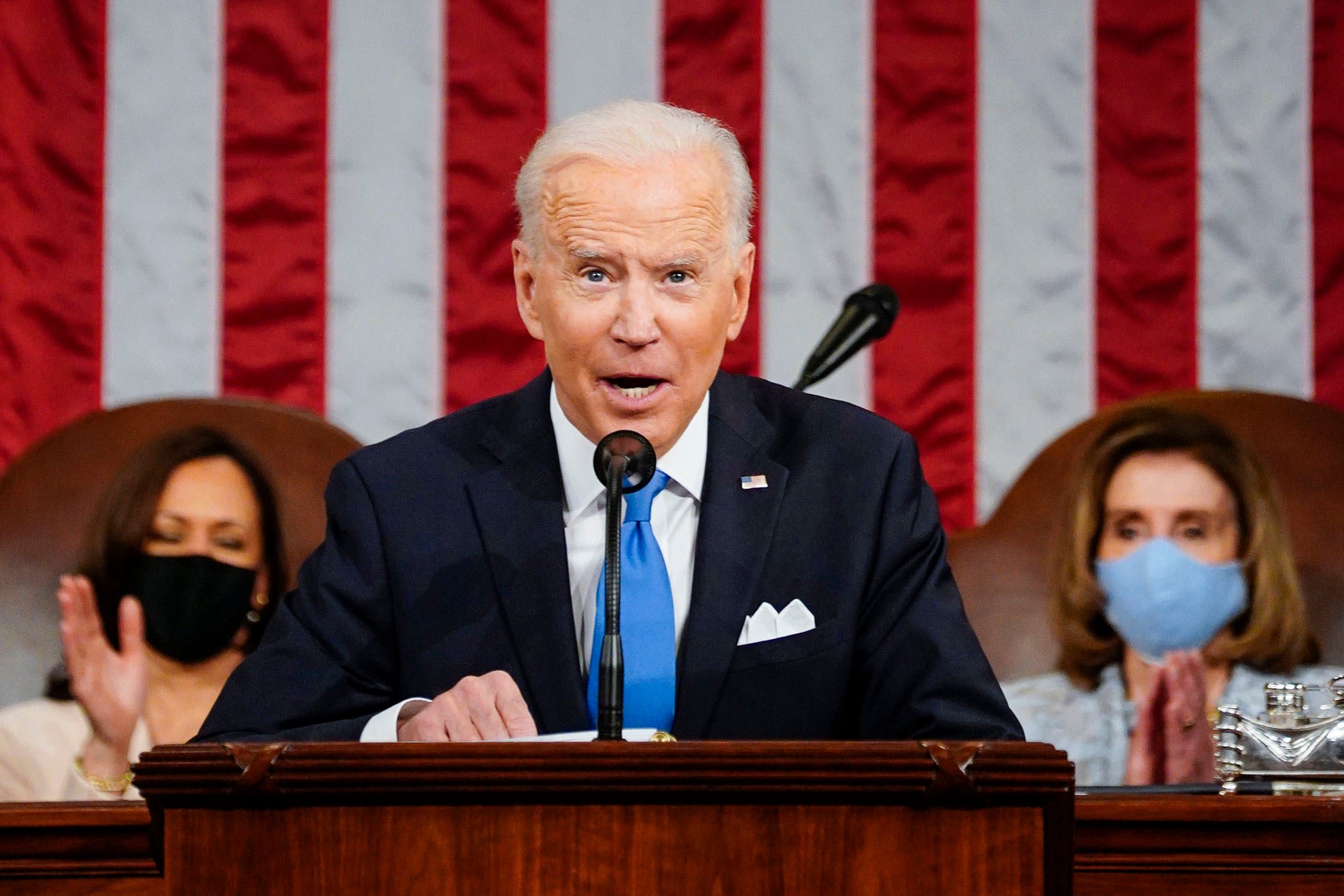Mea Culpa: I’m in the middle of my campaign against ‘amid’
John Rentoul casts a pedantic eye over last week’s Independent


I will shut up about “amid” in a moment, but this was the opening paragraph of an article last week: “Amid a discussion on the week that has been in Arsenal Football Club, Andrew Allen … stops himself mid-conversation.” That is horrible. “Amid” means “in the middle of”, so that is simply saying “mid-conversation” twice. “In” would have been an acceptable way of starting that sentence, although it might have been better to have put it into English: “In the middle of a discussion on the week that has been in Arsenal Football Club, Andrew Allen … stops himself.”
A settlement visible from space: In an article about a virus that is fatal to dogs, we mentioned “Sandbach, a town in Cheshire”. Ian Watson thought this was unnecessary, because he knows where Sandbach is. Many of our readers do not, however, so we should always relate less well-known places to better-known ones. What I thought odd about it, though, was “a town” – that sounded as if we were visitors from outer space. “Sandbach, in Cheshire”, or just “Sandbach, Cheshire”, is all we need.
An unusualcy: In an opinion article about Joe Biden’s address to Congress, we said it was more than “just a return to normalcy”. It was about US politics, so an Americanism wasn’t out of place, but the usual British English is “normality”. You also hear “competency” quite a lot these days, although I haven’t seen it in our pages recently, when “competence” will do.
Brutalism: In an article about the music business’s attempts to go green I was brought up short by a figure of speech. “Others in music are taking concrete steps,” we wrote, describing a record company’s plans to go “carbon negative”. Perhaps I am too much of a climate-change nerd, not to mention a literalist, but concrete is one of the biggest challenges for going low carbon, let alone carbon negative, so perhaps a phrase such as “practical steps” was needed here.
Wrong verb: We reported that Human Rights Watch claimed that “Israel is committing ‘apartheid’ against Palestinians”. Without getting into the rights and wrongs of the claim (I think it is offensive and mistaken), I don’t think you “commit” apartheid. The word means “separateness” or “separate development”, a policy of the white South African government. The Israeli government is accused of practising apartheid, or of imposing apartheid on Palestinians.
Mists of time: There is no good reason why “historic” and “historical” mean different things, but that is the convention. “Historic” is usually used to mean a significant event that makes history, while “historical” means something that happened a long time ago. In an opinion article, we criticised Boris Johnson for once saying that “investigating historic childhood sexual abuse” was a waste of money. That should have been “historical”.
Doubled up: Bernard Theobald writes to say that he reluctantly accepts that “double down” has entered the vocabulary. He says it is an Americanism, which I suppose it is, as it comes from blackjack, the US version of the card game we call pontoon. What it is is an annoying vogue phrase that should be avoided if at all possible. Anyway, he points out that we recently said in an article about the Irish question, “They double-downed on the mistake.” As he said, that reads oddly. The phrase is not yet so well worn that it has become a compound verb. It should have been: “They doubled down on the mistake.”
Join our commenting forum
Join thought-provoking conversations, follow other Independent readers and see their replies
Comments
Bookmark popover
Removed from bookmarks